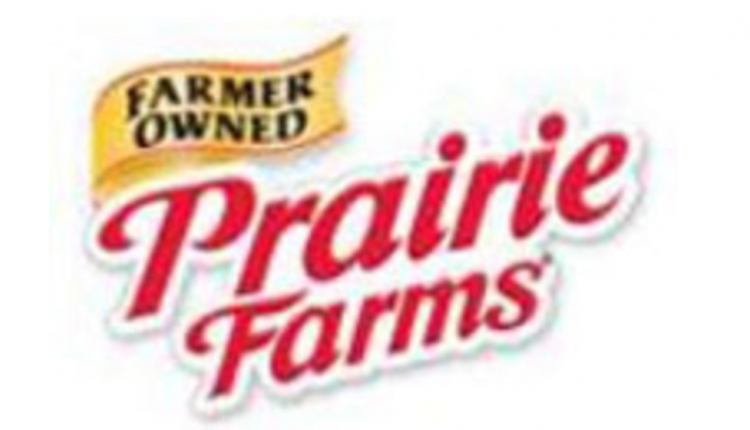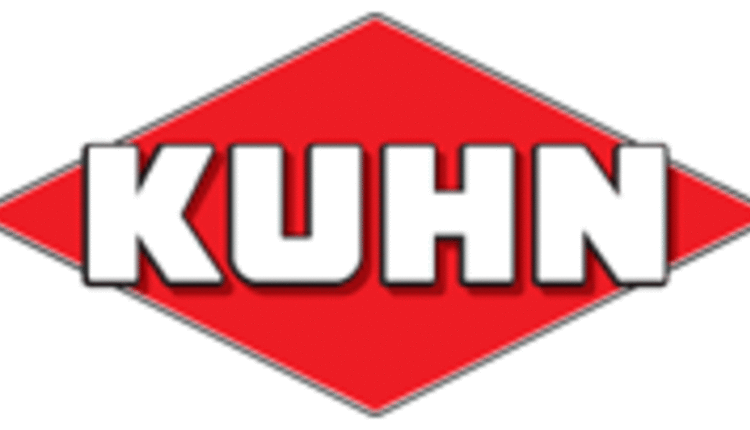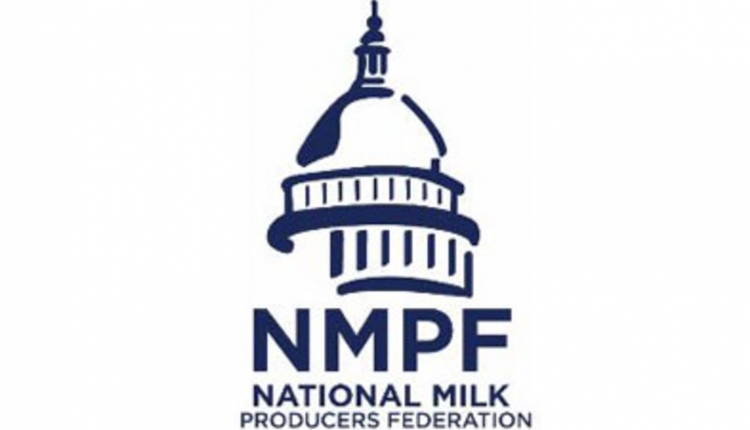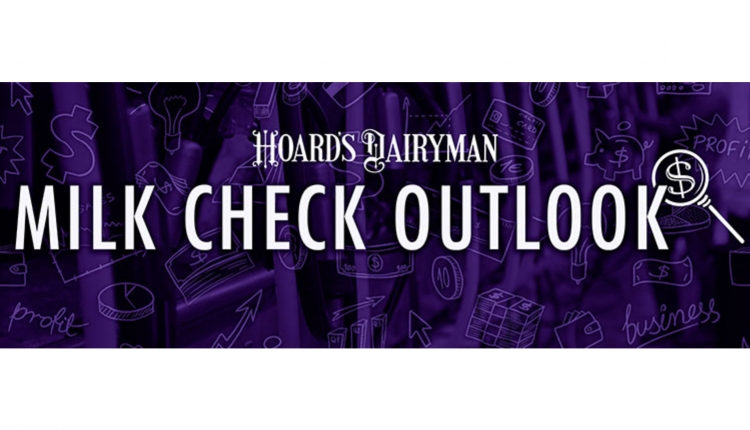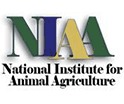
"The NIAA Annual Conference is the one place where government, industry, and a variety of organizations and individuals will all come together to speak to the subject of Livestock Traceability," says Mr. Chuck Adami, President & CEO, Equity Cooperative Livestock Association and panelist in the discussion titled Industry Perspective on Traceability, which will be featured during the Interactive Workshop, Traceability and the Real World.

The 2018 NIAA Annual Conference, themed Livestock Traceability: Opportunities for Animal Agriculture, will be held in Denver, Colorado at the Renaissance Stapleton Hotel, April 10th & 11th, with the follow–up Workshop on April 12th. "Other groups are working to promote traceability," he says," but not as cohesively as NIAA."
It was at a recent 1 ½ day Forum on Livestock Traceability co–hosted by NIAA and USAHA, where Adami notes the USDA opened the doors for industry to ask how to go forward. "NIAA created this opportunity, and the next large step is coming from the NIAA Annual Conference where industry and government will get into the same room and ask what each other thinks," says Adami.
Livestock Traceability has been an issue for a number of years. Federal and state governments set up traceability systems for livestock in the event of a disease outbreak. "A commitment to Livestock Traceability became heightened with the possibility of terrorists introducing disease which could create a devastating loss of a good portion of our herd," says Adami.
During that period of time, interaction between government and groups seemed to have difficulty being able to come together as to the how and when of the process, according to Adami. The federal government developed a system and required its use during interstate transport. Then states made up rules on how to fit into the federal system, but that became what Adami calls a 'hodgepodge' for moving cattle across state lines, as requirements from one state to the next can be different. However, Adami says, while overall, the system is working effectively, it addresses only part of the problem.
The current catalyst is to try to improve traceability across animal agriculture, with the opening of trade with partners who require traceability to be in place. "The system we have does not completely meet those trade partner requirements," says Adami, "so now we have both sides of the equation, tracking for diseases and the industry seeing the value in being able to export their animals."
Adami says he has been involved in Traceability discussions for cattle 'almost since day one' and it's the first time he has seen the animal agriculture industry coming forward to say 'we need to get moving on this', faster even than government, which is rapidly trying to get relevant changes in place.
"When you talk about other animal species, in most cases, they don't move as often as cattle," explains Adami. Cattle move more often and are in more hands, moving on average 2 1/2 times in their lives. In the dairy sector, animals may move even more, and can be moved in smaller lots. If hogs and chickens move, they move in very large lots, so all of the different species have different needs. Aquaculture is also working on traceability programs.
"People are interested and staying interested," Adami says, but while he says it may sound easy to say let's just trace them, there are a lot of details to put in place. "What devices will be used? Where is the storage of the data going to be?" he asks. "Who will have access to it the data and who manages it? Who controls it? And one of the biggest questions, who bears the cost?"
"It is time to find the answers to those questions and others so that Livestock Traceability can be implemented across the board," concludes Adami, "and I'm glad to see the NIAA Annual Conference take this as its focus."
Join NIAA stakeholders in Denver, Colorado April 10–12 for this discussion other presentations.
Click HERE to Register NOW or go to www.animalagriculture.org
